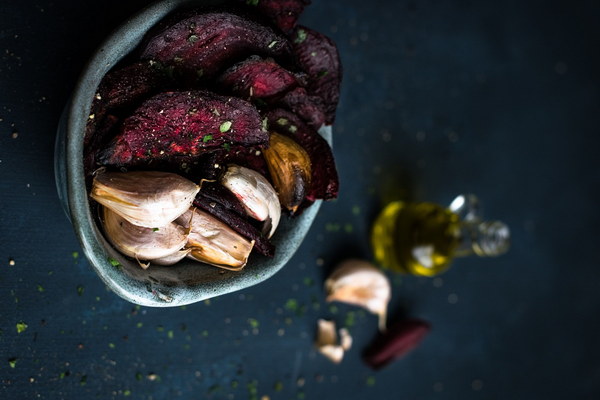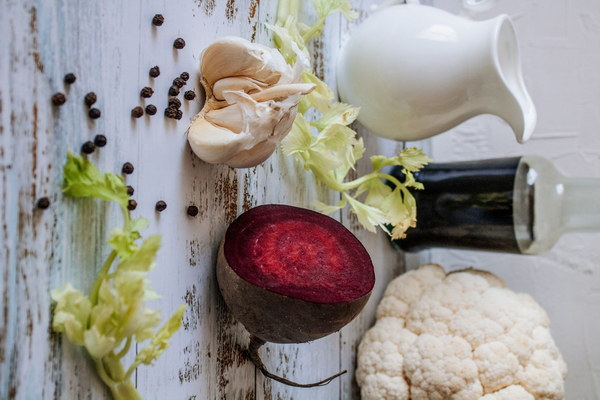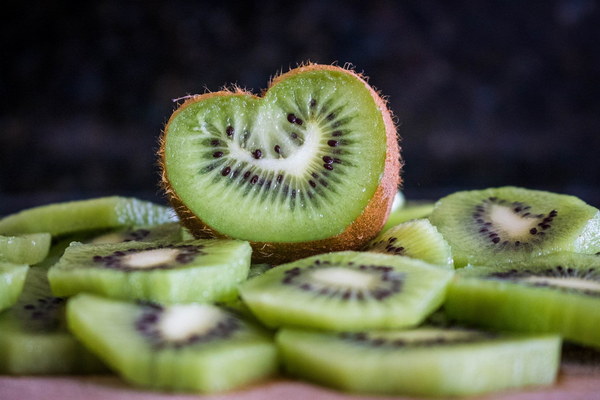6 Time-Tested Herbs for Eliminating Dampness A Traditional Chinese Medicine Perspective
In Traditional Chinese Medicine (TCM), dampness is considered an underlying cause of various health issues. It refers to an excess of dampness in the body, which can lead to symptoms such as fatigue, bloating, and weight gain. To combat this, TCM practitioners often recommend a combination of herbs that can help eliminate dampness. Here, we explore the top six herbs that are commonly used in TCM for this purpose.
1. Cang Zhu (Atractylodes macrocephala)
Cang Zhu is one of the most renowned herbs for eliminating dampness in TCM. It is often used to treat conditions such as edema, damp-heat, and damp-cold. This herb is known for its ability to drain dampness from the body and improve digestion. It is commonly used in combination with other herbs to address specific symptoms.
2. Fu Ling (Poria cocos)
Fu Ling is another essential herb for dampness elimination in TCM. It is often used to treat damp-heat and damp-cold conditions. This herb has a diuretic effect, helping to reduce swelling and eliminate excess fluid from the body. It also helps to clear heat and improve the immune system.
3. Bai Zhu (Atractylodes macrocephala)
Bai Zhu is closely related to Cang Zhu and is also used to eliminate dampness in TCM. It is often used to treat conditions such as damp-dyspepsia, edema, and damp-heat. Bai Zhu has astringent and antiseptic properties, making it an excellent choice for addressing dampness-related skin issues.
4. Ling Zhi (Ganoderma lucidum)
Ling Zhi, also known as reishi or ling chih, is a highly valued herb in TCM. While it is not primarily used for eliminating dampness, it can help to balance dampness and strengthen the immune system. This herb is known for its anti-inflammatory and antioxidant properties, which can aid in reducing dampness-related symptoms.
5. Dong Quai (Angelica sinensis)
Dong Quai is a popular herb in TCM, often used to treat women's health issues, including dampness. It is believed to help regulate menstrual cycles and alleviate symptoms such as bloating, fatigue, and mood swings. Dong Quai has a warm nature, which can help to balance dampness and promote healthy blood circulation.
6. Chuan Xiong (Ligusticum chuanxiong)
Chuan Xiong is a powerful herb that can help eliminate dampness and relieve pain. It is often used to treat conditions such as arthritis, neuralgia, and headaches. This herb has analgesic and anti-inflammatory properties, which can help to alleviate symptoms associated with dampness.

Incorporating these six herbs into a TCM treatment plan can help eliminate dampness and improve overall health. However, it is essential to consult with a qualified TCM practitioner before starting any herbal treatment, as individual needs and health conditions may vary. When used appropriately, these herbs can provide significant relief from dampness-related symptoms and promote a balanced, healthy body.
In conclusion, dampness is a common issue in TCM, and these six herbs are time-tested remedies for addressing this imbalance. By incorporating these herbs into your daily routine, you can help eliminate dampness, improve digestion, and promote overall health. Always remember to seek professional advice when considering herbal treatments, as they can interact with other medications and health conditions.









